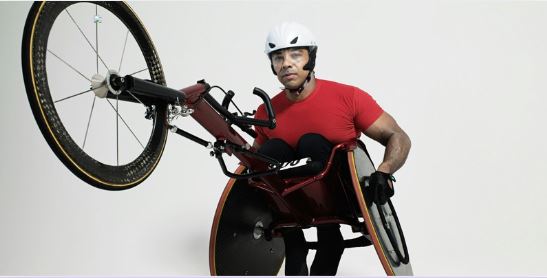The 2024 Tokyo Marathon introduced an innovative AI-driven injury prevention system, marking a significant leap forward in sports medicine technology. Unveiled during the race, this new system uses real-time data from runners’ movements and biometrics to predict and prevent potential injuries, offering a personalized approach to athlete care.
The AI system, worn by marathon runners as part of their gear, tracks over 100 data points, including heart rate, muscle strain, stride length, and joint angles. These metrics are then analyzed by machine learning algorithms to detect early signs of fatigue, improper movement, or muscle imbalance, all of which are potential precursors to injury. The system provides real-time feedback through a connected app, advising runners on adjustments to their technique or warning them to slow down to avoid injury.
During the Tokyo Marathon, over 500 runners tested the system, including both professional athletes and amateurs. The AI system was able to predict potential injuries in some runners, such as shin splints and hip strain, and suggested preventive measures like adjusting their stride or taking rest breaks. One noteworthy case involved a professional runner who, based on the system’s prediction, adjusted his form and avoided an Achilles tendon injury mid-race.
This AI-driven injury prevention system is the first of its kind to be implemented on such a large scale in a marathon setting. Experts believe that, if adopted across more races, the system could significantly reduce injury rates, especially among amateur runners who may not have access to personalized medical advice.
The Tokyo Marathon’s integration of this technology is expected to set a new standard for injury prevention at major sporting events worldwide. BioTech Solutions is already in talks with other race organizers and sports organizations to expand the use of the AI system to other athletic events, from marathons to track and field competitions.



